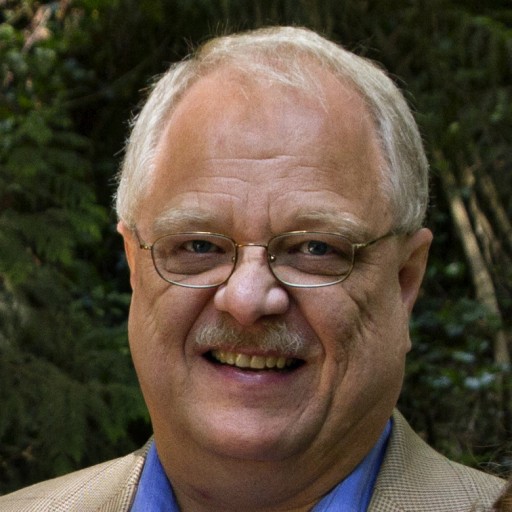The Grace of Sharing
 The left-turn signal marched in place while I waited for the oncoming car to pass. I looked at the sign that announced my destination—Poplar Mobile Manor—tidy, but dreary. I made the turn and drove past the row of mailboxes just inside the entrance. Slowly, because of children playing in the narrow street, I made my way to a double-wide toward the back.
The left-turn signal marched in place while I waited for the oncoming car to pass. I looked at the sign that announced my destination—Poplar Mobile Manor—tidy, but dreary. I made the turn and drove past the row of mailboxes just inside the entrance. Slowly, because of children playing in the narrow street, I made my way to a double-wide toward the back.
Clyde and Wanda had missed church services the previous Sunday, and I wanted to check on them. About 80 years old, they lived a quiet life in this sometimes raucous neighborhood on the back side of a dog racing track. They stayed indoors when illegal activity infested the lane in front of their home.
Clyde worked for one company most of his life. Just as he retired, the business closed. Clyde’s pension evaporated with the company’s bankruptcy. They tried various ways to add a little cash flow to their income from Social Security, but it never amounted to more than a trickle.
All these facts flooded my thinking as I listened to Clyde that afternoon. Wanda sat quietly as he spoke. She always dressed in roaring colors and bold patterns and usually spoke with verve and vigor. This afternoon she just listened—stoic, sturdy, and subdued.
They failed to attend Sunday school and worship because of car trouble. Theirs was a modest vehicle, usually reliable. They needed $1,000 to complete the repairs. Their children could not assist, so they stayed home.
As I drove away, I ran through alternatives that might get them back on the road. Many options were discarded because Clyde and Wanda didn’t want others to know about their financial dilemma. In the end, my wife and I loaned them the money.
Often, I have reflected on this experience in the years since it occurred. I don’t think pastors should be in the personal loan business as a general rule. I strongly believe, however, that pastors should have their personal finances in order so they can respond when they encounter a need.
I’m intrigued with Paul’s description of the Macedonian churches in 2 Corinthians 8. These people had outside pressure from neighbors hostile to Christianity that brought them affliction and made them needy. In spite of their own concerns, these people pleaded with Paul for “the privilege of sharing in this service” (2 Cor. 8:4, NIV). Paul used three words with deep theological meaning in this phrase: charis or grace (“privilege” in several translations), koinonia or sharing through community, and diakonia or service. The Macedonians insisted that Paul affirm their urge to live out the gospel as a community of service. They wanted to share. Paul held up these people to the Corinthians as an example of cheerful generosity.
I want to be that type of person. When I come upon a need, I want to be ready to respond. This desire requires that I do those things to build financial margin so I have something to share. At regular intervals throughout the year, my wife and I talk about our finances. In the short term, we look for ways to reduce expenses. In the intermediate term, we anticipate major expenditures. In the long term, we make retirement savings a priority.
These actions find motivation in our desire to participate in God’s mission of caring for those in distress (James 1:27), not in an aspiration to be wealthy. Good financial planning does not form the end for us, but creates the means through which we can freely share what God has graciously provided.
Once a month on a Sunday morning, Wanda would look for a moment when no one else was nearby in the church foyer. She would glide in, hand me an envelope with a $50 check enclosed, once again express her gratitude as our eyes met, then glide away. I tucked the envelope in my suit coat breast pocket. The check warmed my heart.

